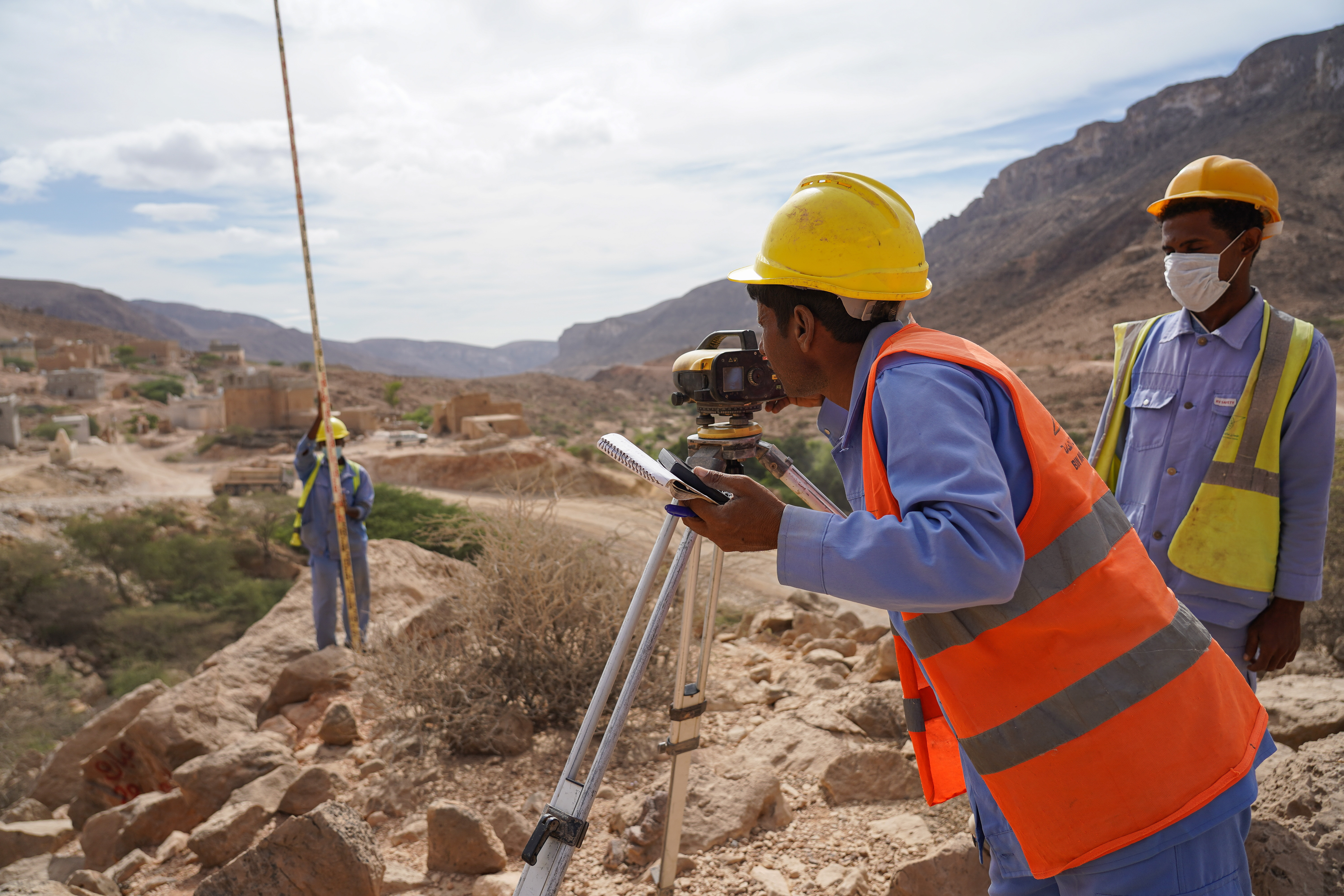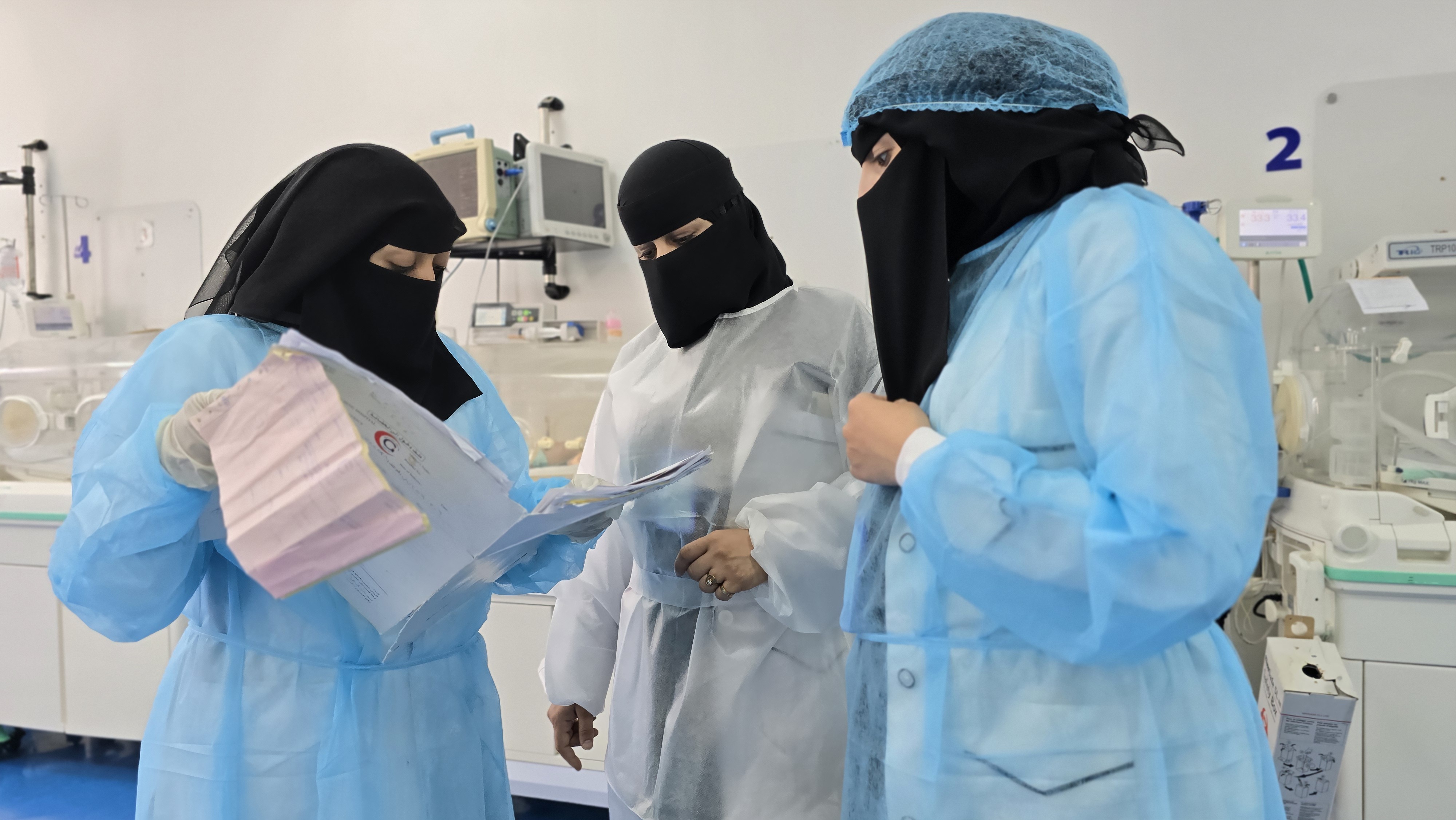The United Nations Office for Project Services (UNOPS)
UNOPS to further improve critical urban services across Yemen
The World Bank’s International Development Association approved an additional $120 million grant to further support the second phase of the Yemen Integrated Urban Services Emergency Project.
This article was originally published in June 2021 and has been updated to reflect recent project developments.
Latest updates
13 January 2025
With funding from the World Bank, UNOPS rehabilitated the historic Aden Tennis Club in Crater City, Yemen which was damaged by ongoing conflict.
The project included renovating playgrounds, upgrading water, sanitation and hygiene (WASH) facilities, and installing new electrical systems with LED lighting.
The club, established in 1902 as the first tennis club in the Arabian Peninsula, now provides a functional and inclusive space for the community in Crater City and greater Aden.
17 July 2024
UNOPS, in partnership with the World Bank, has helped rehabilitate over 450 km of urban roads.
The enhanced road infrastructure improves road safety, while efficient water drainage systems and newly built retaining walls are designed to protect the road from structural damage and to mitigate the effects of climate change.
The upgraded road plays a crucial role in connecting Amran city to Sadah and Hajjah, serving a population of over 200,000 people. It enhances accessibility to essential services and stimulates economic activities, contributing to the overall well-being and development of the community.
10 July 2024
200,000 residents living in Yemen’s coastal city of Al-Shihr are benefiting from a 1,700 square-meter public park constructed by UNOPS and the World Bank.
The park caters to visitors of all ages. Playgrounds provide a safe space for children to play, while ponds and green areas create a comfortable and sustainable environment to connect with nature.
Designed for year-round use, the park offers shaded areas for protection from the sun and is illuminated at night with a network of 175 eco-friendly all-in-one LED solar lights.
7 July 2024
To help improve sanitation and avoid health hazards for more than half a million people, UNOPS constructed more than 6 km of new sewage line in Yemen’s historic city of Sana’a.
This included the delivery of 110 trailer trucks loaded with pipes that were 1.2-metre in diameter, making it the largest logistical operation implemented by UNOPS in Yemen.
Measures were taken to ensure construction safeguarded the surrounding centuries-old buildings in the densely populated city.
3 July 2024
In Al-shihr, Yemen, UNOPS and the World Bank successfully addressed water supply challenges, improving health outcomes for around 200,000 people.
The intervention replaced 17.7 km of main pumping line, installed a solar power unit to provide enhanced energy efficiency and delivered essential maintenance equipment.
27 July 2023
- An additional $25 million in funding was allocated to phase two of the project to further improve critical urban services, including solid waste management services.
- This additional funding brings the total project funding of phase two up from $170 million to $195 million.
Implemented by UNOPS with support from local partners, funding for the continuation of the project comes at a critical time as the country continues to grapple with the effects of COVID-19, as well as damaged infrastructure caused by floods in 2021.
The $120 million grant was added to an already existing $50 million grant, announced in June 2021, bringing the total for phase two of the project to $170 million.
We are proud to continue to support the World Bank to revitalize critical urban services in cities across Yemen. This additional funding will further help to improve living conditions, generate economic opportunities, and build and sustain local capacity.
More than seven years of conflict in Yemen has caused widespread damage to urban infrastructure, including transportation, healthcare, waste management and electricity infrastructure. The damage from conflict and climate-related shocks has had further socio-economic consequences on mobility and access to critical services such as healthcare, education and markets.
During the first phase, the Yemen Integrated Urban Services Emergency Project rehabilitated more than 230 kilometres of roads in 8 cities and restored access to critical services for more than 3 million people through improving basic living conditions. A key component of the project aims to boost the local economy and strengthen capacity by partnering with local Yemeni institutions and service providers.
Read more about the project here.

















